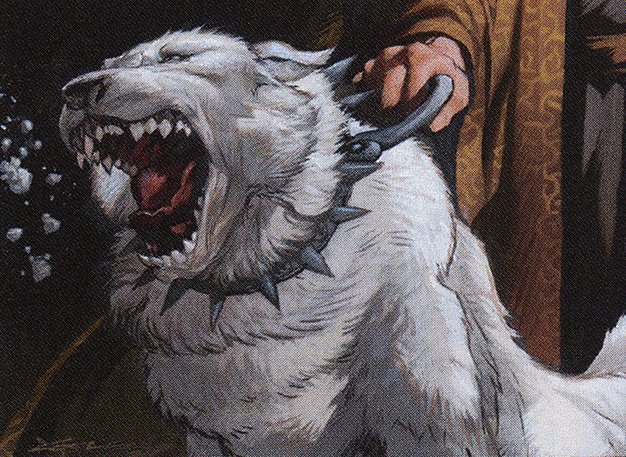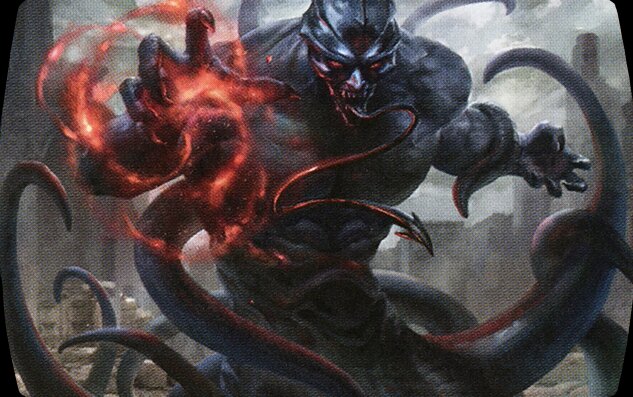Deck & Commander Strategies

Isamaru, Hound of Konda
An aggressive mono-white deck that aims to deploy early, efficient creatures to overwhelm opponents quickly and win by dealing damage before control decks can stabilize.


Malcolm, Keen-Eyed Navigator / Tevesh Szat, Doom of Fools
A blue-black-red control deck that uses Malcolm’s scry ability for card selection and Tevesh’s removal and card draw to control the board, generate value, and win through incremental advantage.
Gameplay Insights
- 1
The aggressive deck prioritized early board presence to maximize damage output before disruption could be deployed.
- 2
Malcolm’s scry ability was critical in setting up the control deck’s answers and maintaining card quality.
- 3
Tevesh Szat’s removal spells and card draw stabilized the board and allowed the control player to outvalue the aggro opponent over time.
- 4
Effective timing of removal and resource management turned the tide in favor of the control deck despite early pressure.
Notable Cards
-

Isamaru, Hound of Konda
-

Malcolm, Keen-Eyed Navigator
-

Tevesh Szat, Doom of Fools
Gameplay Summary
The Duel Commander match featured a clash between Rein Eypee’s aggressive mono-white Isamaru, Hound of Konda deck and Ste Villaraza’s controlling blue-black-red deck led by Malcolm, Keen-Eyed Navigator and Tevesh Szat, Doom of Fools.
The game unfolded with Isamaru's deck focusing on fast, efficient creatures and early board presence to apply pressure quickly.
In contrast, the Malcolm/Tevesh deck aimed to control the game through card advantage and disruption, leveraging Malcolm's scrying and Tevesh's powerful removal and card draw abilities to stabilize and gain incremental advantage. Key turning points involved the control player successfully neutralizing early threats from Isamaru’s aggressive creatures and establishing a board state that favored longer, value-based plays.
Despite the pressure from Isamaru's swift attacks, Malcolm and Tevesh managed to outlast with continuous resource generation and selective removal, eventually winning through incremental damage and card advantage.
The match highlighted the tension between fast aggro strategies and midrange control in the Duel Commander format.





















